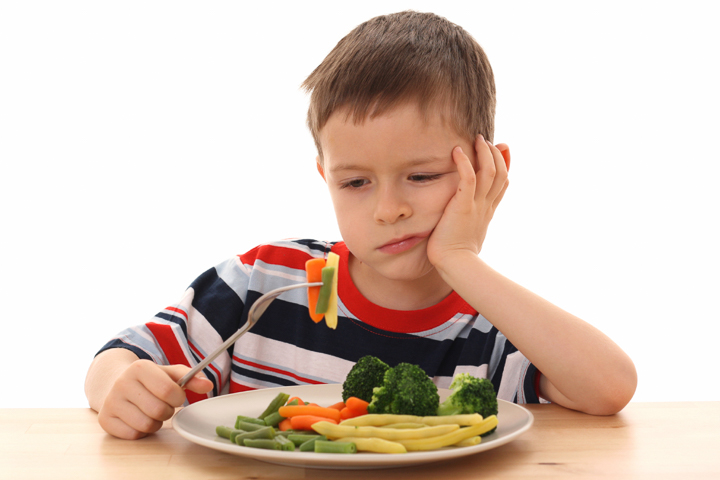Take this Picky Eater test to find out if you are one. We update the quiz regularly and it’s the most accurate among the other quizzes.
Picky Eater Test is a questionnaire that will determine the participant’s eating habits and preferences towards new food, helping you to find any disorders. If you take our Picky Eater Test, you will discover how much of a Picky Eater are you, depending on how much you select the food and refuse to try a new one. Everybody can take this test because it is not age limited, but it will probably work the best for kids or early adults.
Kids like carrots, raw pepper, hummus, and other healthy snacks, but some choose carb-based “white” foods like pasta, rice, and bread.
When it comes to eating, why are some children so picky? There are a bewildering amount of reasons why your youngster may snub meals. After reviewing dozens of studies dating back to the 1990s, researchers concluded that fussy, picky, or selective eating habits were linked to and affected by everything from personality traits to parental control at mealtime to social influences to maternal eating patterns. The findings were published in the Journal of Pediatrics in 2015. Or, it could be that your child is just being a kid and acting like one.
Lee Gibson, Ph.D., a reader in biopsychology and director of the Clinical and Health Psychology Research Centre at the University of Roehampton in London, says finicky or selective eating is normal in early childhood. It’s also unproductive in general to overreact or impose tight dietary regimens to discourage selective eating.
Picky eater test
Gibson says that parents’ anxiety will not help. You should always be positive when providing food to children and show them how much you enjoy a certain meal before asking them to try it.
A review of several previous studies suggests that picky eating does not appear to be associated with an increased risk of becoming overweight or obese in adulthood (on a population level, looking at how picky eating affects most kids).
As often as possible, eat meals as a family. This means no TV or cell phone use during mealtimes. During this time, you can serve as an example of healthy eating. Your child may not like the dinner you’ve prepared for the whole family, so avoid the desire to cook another one. Incorporate your child’s favorite foods into each meal, and continue to serve a balanced meal whether or not she eats them. Also, you must try to play this Picky eater test.
If your toddler refuses to eat, don’t make a big deal out of it. Some people may not feel like eating much after a full breakfast or lunch, for example. Providing food and deciding whether or not to consume it are responsibilities of both the parent and the child.
No matter how tempting it may be, resist the urge to bribe your children with snacks in exchange for eating something else. They will be more excited to try the “prize” food, and less excited to try the “required” food. It can also lead to fights at the dinner table every night.
About the quiz
Never quit upon a youngster just because he or she refuses to eat something once. Continue to introduce new foods to your child, as well as foods that he or she previously disliked. Even after 10 or more tastes of a dish, a toddler’s taste buds may not accept it. Assuring that your youngster is hungry before introducing a new cuisine is made easier by scheduling meals and restricting snacks for your child.
Most likely, you’ll hear comments about fussy eating from a group of preschool parents conversing on the playground. For children between the ages of 2 and 5, turning up the nose and refusing to eat are common. Not all fussy children have the same challenges, though.
Here are six of the most prevalent types of picky eaters. Along with professional advice on how to deal with the problem.
The fact that many toddlers dislike intensely flavored foods has evolved to their advantage. Every leaf would have been a disaster for our ancestors when they were mature enough to stray away from their cave parents. As children get more mobile, they become more selective, especially when it comes to foods with strong, bitter flavors (vegetables, for example). Parenting becomes easier when kids begin to be fussy. As Karen Le Billon, culinary educator and author of Getting to Yum points out, “children are less likely to extend their palates if you kowtow to their tastes.”
For more personality quizzes check this: How Many Kids Will I Have Quiz.




